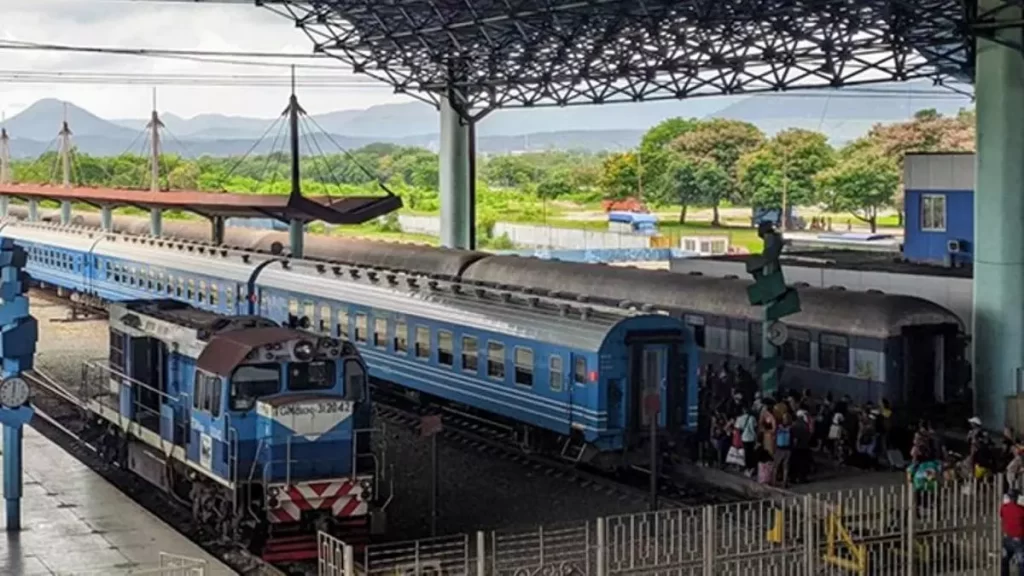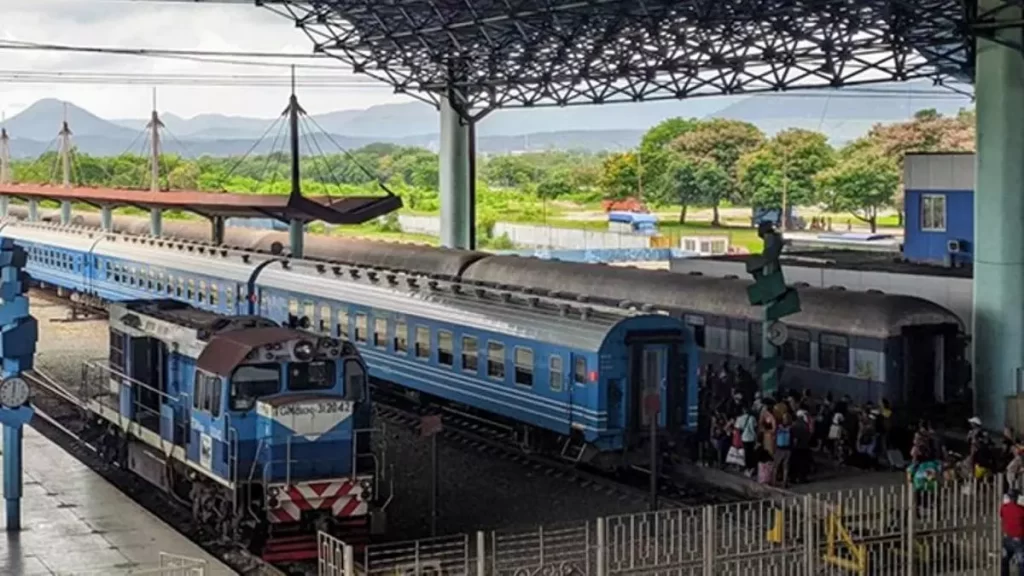
14ymedio, Madrid, 7 March 2024 — The rail industry in Cuba is also at a standstill. The lack of investment, especially due to a shortage of foreign exchange, deepens the crisis of trains and infrastructure, causing the transport of goods to decrease, which is also the result of fewer goods to transport. With the economic debacle there is less to mobilize. In short: another disaster.
Some 67% of tracks and 40% of infrastructure need maintenance, as explained this Wednesday on State TV’s Round Table program by Lisvany Fernández Rivero, acting general director of the Railway Transport Administration, who began his speech by boasting that the Cuban railway was the first in Latin America and seventh in the world, decades before independence.
Returning to the 21st century, there is little joy. The official put the needs of the railway at 900 million pesos per year, of which a large part is in foreign currency, specifically 25 million dollars “for materials, supplies and parts.”
The official put the needs of the railroad at 900 million pesos per year, a large part of which is in foreign currency, specifically 25 million dollars “for materials, supplies and parts”
It was enough to look at the graphs to check the status of the infrastructure and its rapid decay. For the maintenance of the railway, between 60,000 and 80,000 concrete ties are needed annually, but in 2023 funding was obtained for only 15,000, which will be provided this year. In 2018, 51,600 were manufactured, and in 2019 it was increased to 61,600, quantities that, without covering the needs, today are splendid, since in 2020 and 2021 there 45,000, while in 2022 it fell to 12,000, and last year only 7,200 were produced. In other words, a catastrophe.
Fernández Rivero said that the wooden ties are made mostly in the country, and compared to 3,500 in 2020, in 2021 there only 270 made. He concluded by saying that there are problems with bridges and railways “in general.”
Then, Luis Roberto Rosés Hernández, general director of the UFC (Union of Railways of Cuba), took over. He


